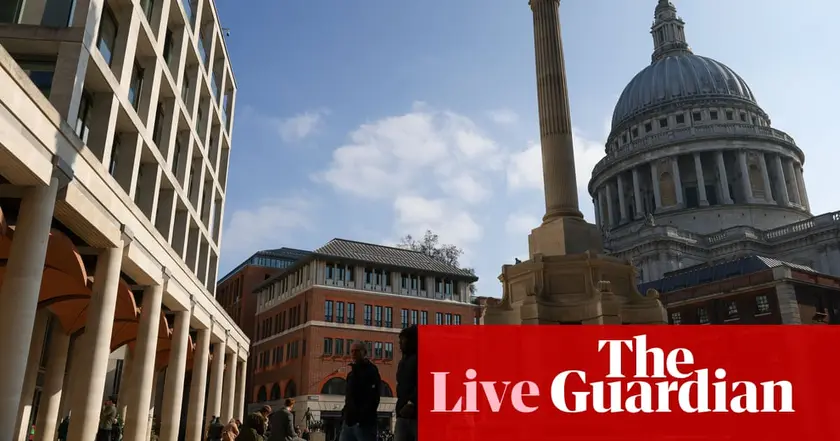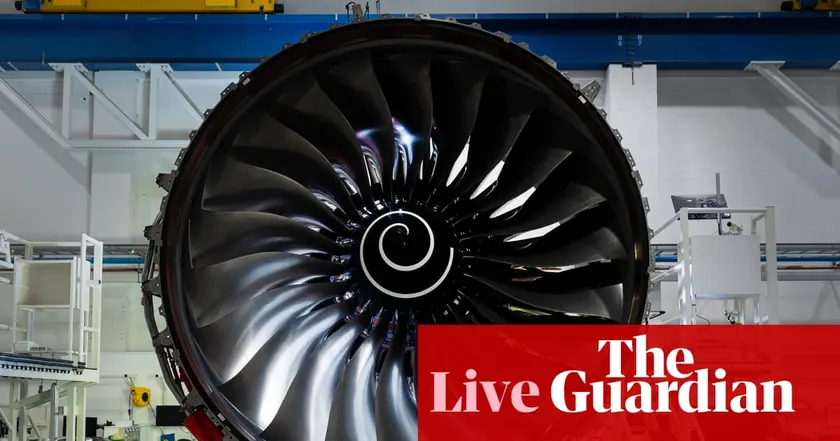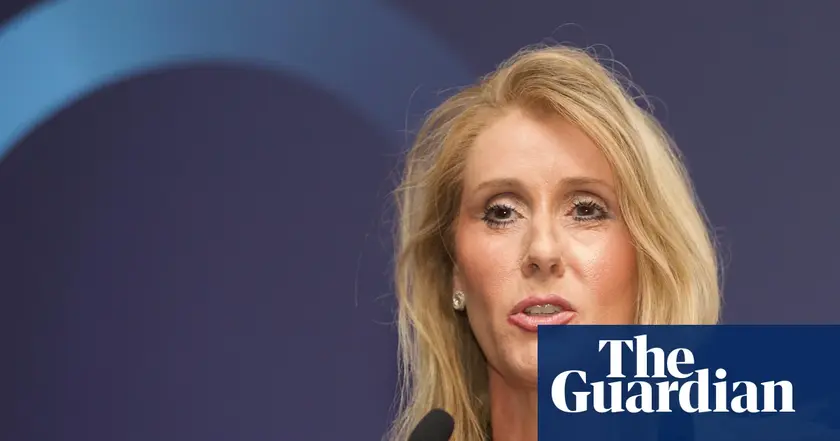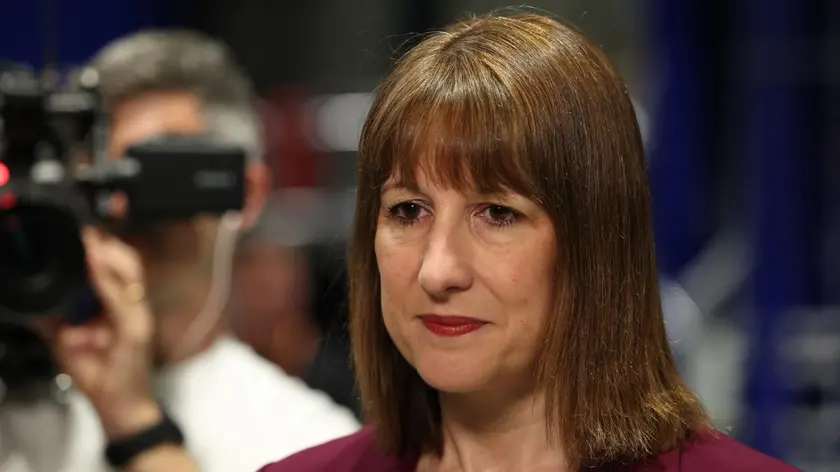T4K3.news
Record chief executive pay in the UK
A new analysis shows FTSE 100 bosses earned a record median pay of £4.58m, widening the gap with workers.

A thinktank report shows FTSE 100 bosses earned a record £4.58m median pay in the last financial year, with 217 executives receiving more than £1bn total pay.
Record chief executive pay hits new high in UK
The High Pay Centre analysis shows the median pay of a FTSE 100 chief executive rose to £4.58m in the last financial year, up from £4.29m. The pay ratio to the average full time worker now sits at about 122 to 1. The total pay for the 217 top earners exceeded £1bn, up from £757m the year before.
Long term incentives helped push totals higher. The two Melrose bosses, Peter Dilnot and Simon Peckham, together earned almost £59m, largely from LTIPs. Melrose sparked outrage last June by distributing more than £175m in a reward pot to 21 current and former executives. AstraZeneca chief executive Pascal Soriot earned £14.7m, placing him in third, while Pearson leaders earned nearly £19m. Among companies led by women for the full year, median pay was £3.27m versus £4.64m for male led firms. The number of FTSE 100 chiefs paid £10m or more rose to 13 from 10 as payouts in this bracket become more common.
Key Takeaways
"These figures will feed a growing sense that low and middle earners don’t get a fair share of the wealth that their work helps to create, while those at the top take much more than they merit or need."
Hildyard on fairness and inequality
"The government now needs to make sure these measures are implemented in full, and supplemented by a real voice for elected worker directors in company boardrooms."
Hildyard on policy and governance
"Melrose sparked outrage last June by handing out a reward pot worth more than £175m to 21 executives."
Noteworthy event
These numbers shine a light on what motivates top executives in a market where stock-based pay dominates. The growth in LTIPs ties rewards to long term performance, but it can also widen the gap between executive pay and typical wages, feeding criticism about fairness. Governance entirely depends on how well boards explain these awards to investors and workers alike.
Policy makers are watching. Advocates push for clearer reporting and a greater say for workers on boards, while opponents warn against dampening incentives. The coming debates will test whether reforms can cool the heat around pay while preserving competitive executive compensation.
Highlights
- These figures feed a growing sense that low and middle earners don’t get a fair share
- There needs to be a real voice for elected worker directors in boardrooms
- Pay should reflect both effort and responsibility
- Boardrooms must answer for rising rewards and the cost of living
Executive pay governance and public backlash risk
The report underscores growing public and political scrutiny of executive rewards as pay rises outpace typical wages. Policy action on disclosures and worker board representation could reshape corporate pay structures.
The pay story goes beyond numbers and into questions about fairness and governance in UK boardrooms.
Enjoyed this? Let your friends know!
Related News

UK CEO pay hits record high

Mortgage approvals increase as housing market stabilizes

Bitcoin reaches record high ahead of Trump's inauguration

FTSE 100 share index reaches 9,000 points

Rolls-Royce shares at record high as Shell profits face criticism

A level results show regional gaps persist

FTSE 100 reaches intraday high of 9,102.53

Nationwide set to approve £7m pay package for CEO
